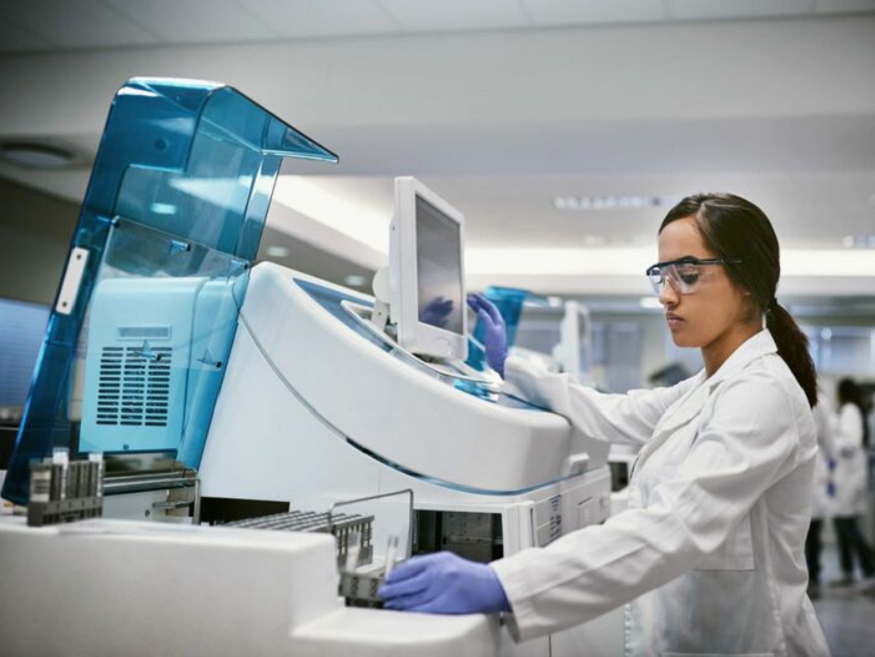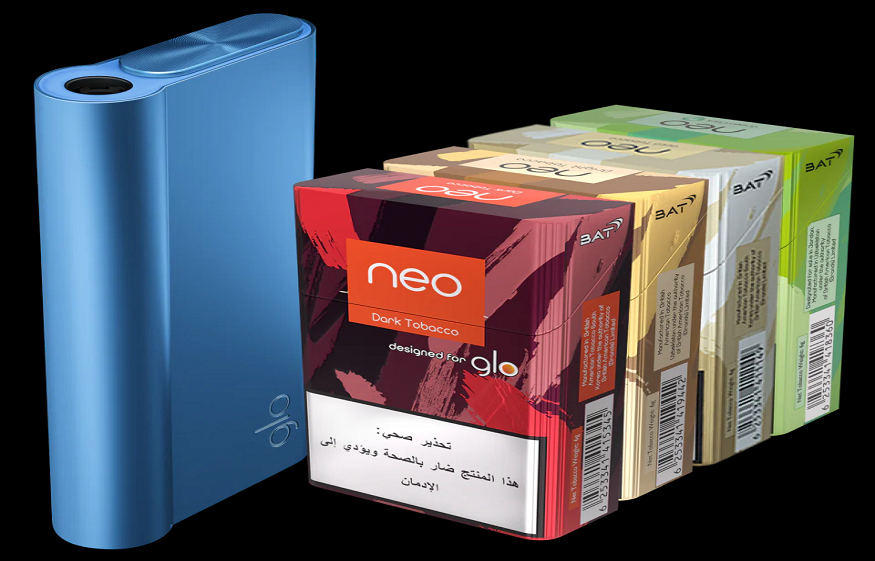Innovation in Action: The Evolving Landscape of Laboratory Science
Today, we have the privilege of introducing Reema Dawud, a highly accomplished Clinical Laboratory Technician and Medical Sales Executive at Merck. With a background deeply rooted in clinical research services and laboratory science, Reema brings a wealth of expertise and experience to the table.
ABRS: Can you share some of your experiences working with complex medical laboratory equipment and how this has contributed to your expertise in the field?
Reema: Entering the medical field requires meticulousness and precision, as results can guide physicians to accurate diagnoses. It all starts in the lab, and I’ve been privileged to have access to digital and medical equipment that accelerates the diagnostic process and makes lab work more convenient, reducing labor.
Working at King Abdullah Hospital (ranked 250th among 2500 specialized healthcare centers) allowed me to work with highly innovative machines for hematology, immunology, microbiology, and diagnostic methods, such as the DxH 520 hematology analyzer, spectrophotometers, incubators, ESR analyzers, PCR machines, and Clinical Research Services.
Being skillful at handling lab equipment is crucial. Human error should be minimized, and digital results must be closely monitored, recorded, and studied for discrepancies that need to be addressed. Otherwise, many errors can occur, leading to a tedious error compensation and correction process that should be avoided at all costs.
Gaining that experience enriched my medical knowledge and equipped me with the ability to see myself as an extension of technological advancements. It taught me that there’s always more to discover when dealing with microorganisms.
ABRS: As a bilingual laboratory scientist and sales executive, how do you effectively communicate and negotiate with clients, especially in multicultural settings?
Reema: Growing up in the UAE, a diverse, multicultural environment, I’ve interacted with individuals from various cultural backgrounds. I respect and appreciate people from all around the world. I have learned many languages to converse with as many people as possible, driven by my love of learning languages.
Negotiating requires understanding each individual’s needs and their communication style. What works with one client might not work with another. Hence, I take my time to learn about my clients, being patient and vigilant about their preferences, accommodating their requirements smoothly, and most importantly, getting to know them on a personal level. Building a long-term business relationship necessitates trust, professionalism, and consistency.
My medical expertise allows me to deal confidently with clients, although I will always consider myself a lifelong medical student. The more I learn, the more I realize there is still much more to learn.
ABRS: Given your interest in research and psychology, how do you believe these fields intersect with your work in the medical industry, and what insights have you gained from this intersection?
Reema: Psychology is involved in every interaction I have with patients, clients, and co-workers. I fell in love with studying the mind and behavioral patterns at an early age. I’ve always been intrigued by the intricacies of the human brain, neurodivergence, and how we are all governed by our brains.
Our brains have unique physiological and anatomical traits, distinct functional capacities, and neurological pathways that vary from person to person. All medical fields are concerned with psychology because it underlies all our decision-making processes. Understanding what influences humans to make decisions can help us find the right way to deal with them, avoid conflict, and produce fruitful results.
Research keeps science in a constant state of evolution. All advancements start with research, and being involved in ongoing research is like witnessing a volcano pre-eruption. Scientists aim to reach findings that serve humanity and the scientific community. It adds to my medical knowledge and helps me stay up-to-date with the latest findings.
ABRS: Could you tell us about a particularly challenging project or situation you’ve encountered in your career and how you successfully navigated through it?
Reema: Being a frontline immunizer during the pandemic was one of the most challenging experiences I faced as a healthcare worker. It was both mentally and physically demanding. I inevitably caught COVID three times, but I powered through it. I had to immunize over 200 individuals a day, including the elderly and children, who were highly sensitive and had minimal pain tolerance.
I needed to avoid any medical errors while calming and reassuring the patients, as fear was a significant factor when the pandemic started. I had to do this in a timely manner to immunize the crowd of patients waiting in line. I successfully managed to do this by prioritizing the patients’ physical and mental well-being.
ABRS: With your background in Microbiology, Phlebotomy, Hematology, and Blood Banking, what emerging trends or advancements do you see shaping the future of medical laboratory practices, and how do you anticipate adapting to these changes?
Reema: With the surge in technological advancements, everything is possible. Artificial intelligence could be more integrated into scientific and Clinical Research Services practice. Automated blood processing systems and the increasing adoption of cord blood banking for stem cell therapy are on the rise. Immunotherapy is also advancing as more sophisticated, cell-targeted approaches are attempted. Gene therapy is revolutionary and continues to grow. I see myself adapting by participating in and studying these advancements. When you choose science, you choose to be a lifelong learner, committed to staying up-to-date with all trends.
We want to express our sincere gratitude for your valuable collaboration in this interview. Your experiences, knowledge, and insights have been truly enriching and have shed light on many important aspects of the medical industry. It has been an honor to have your participation, and we are confident that your story will inspire many.



